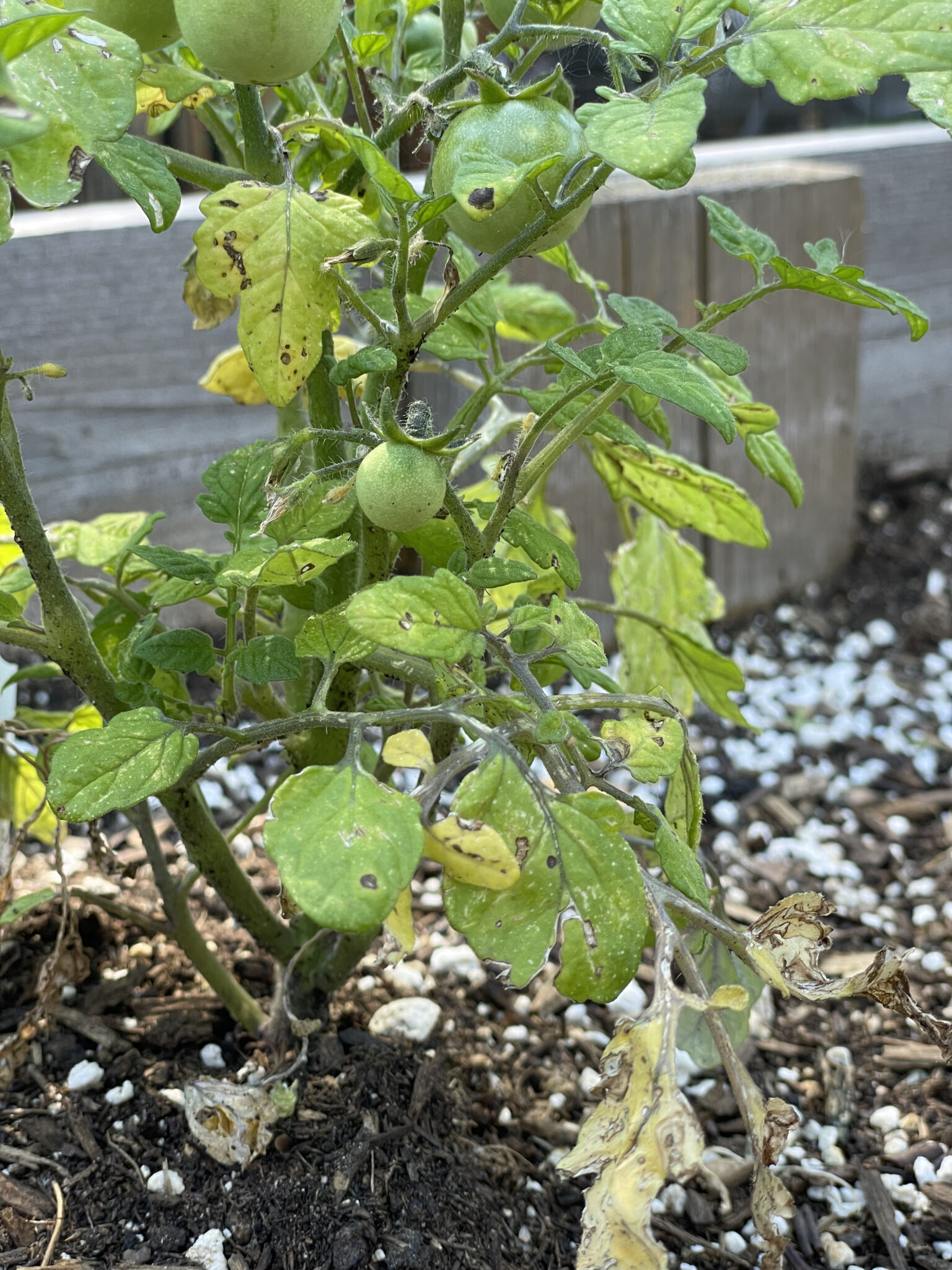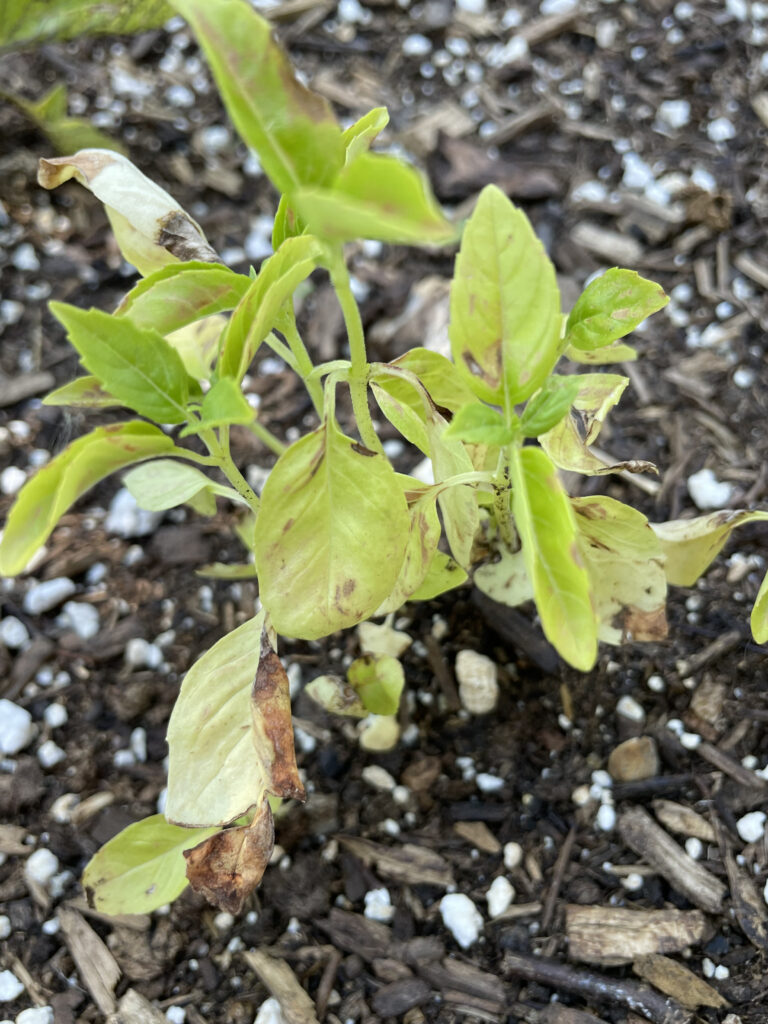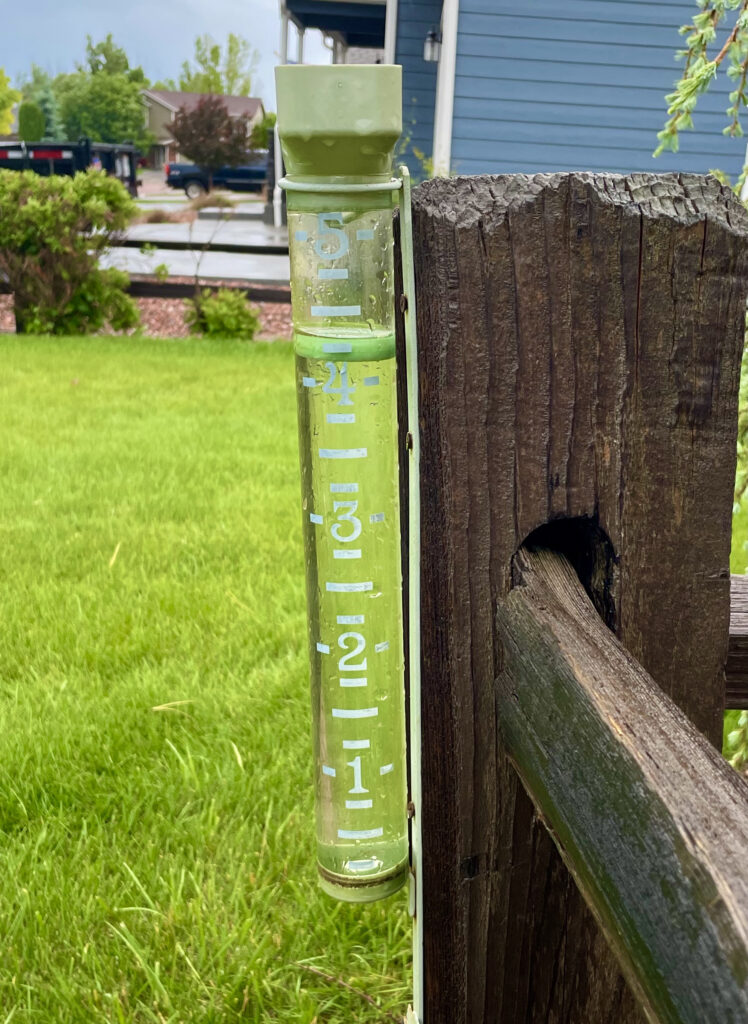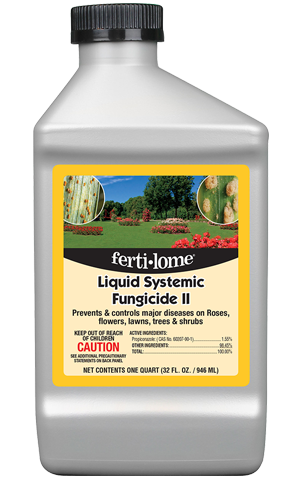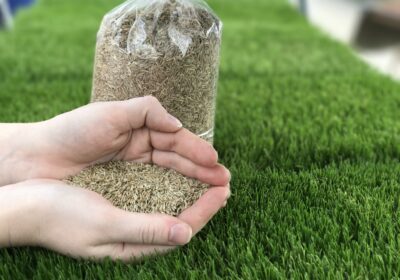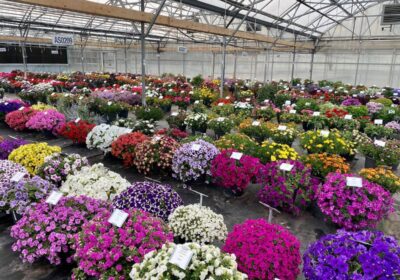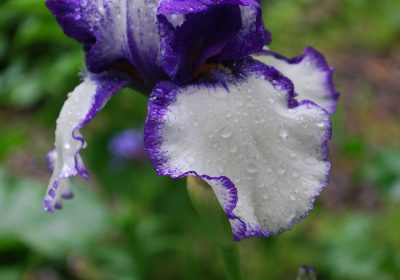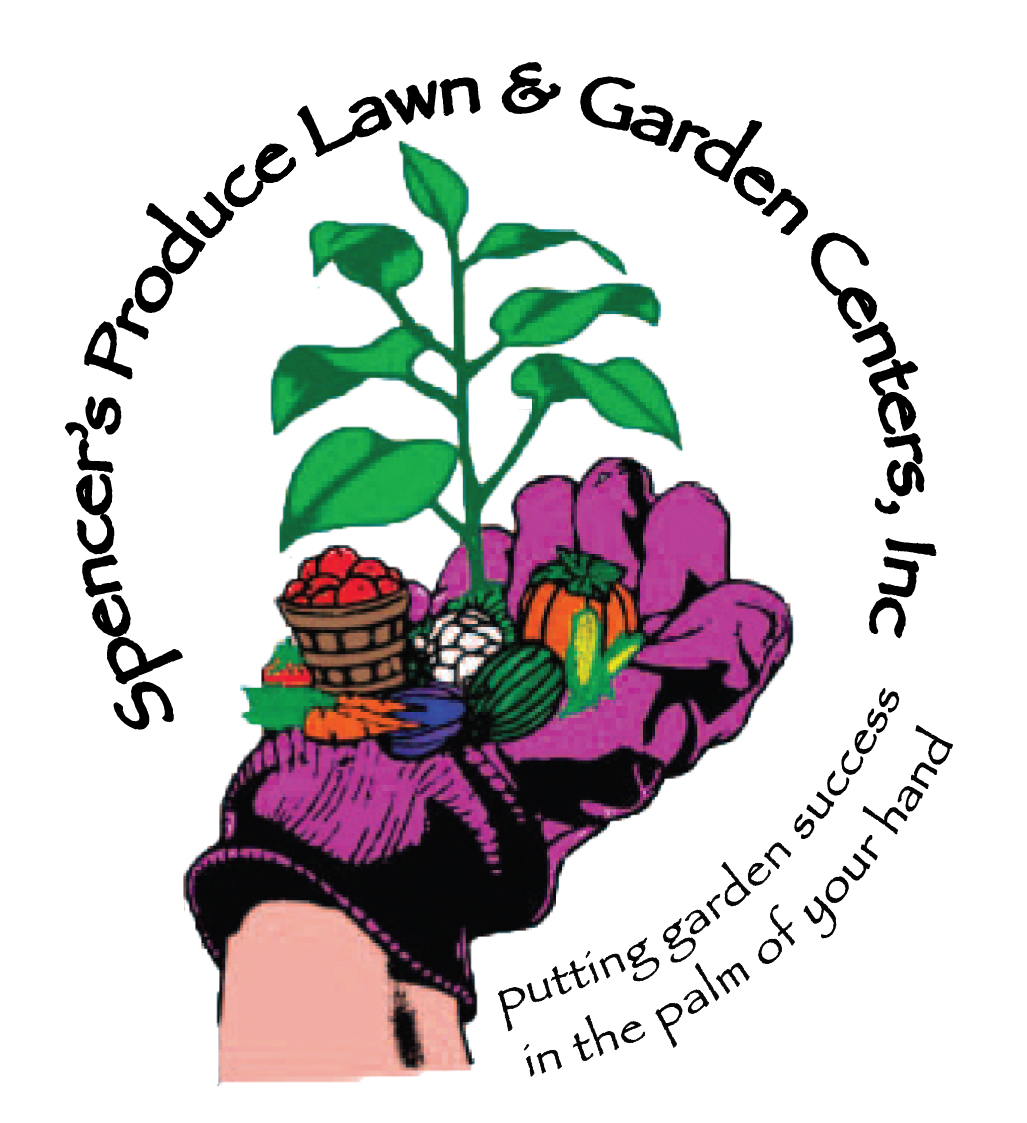This month has been a wild ride of rain and storms. If you’re noticing that your garden isn’t taking off as quickly as usual, you’re not alone.
Tomato plants, which usually thrive in our late spring and early summer climate, remain small and unproductive. Flowers that love sunny days and warm temperatures might look stunted and downright sad. We’re seeing these issues across the city. We need the moisture to quench the parched areas of the state, but the vegetation also needs the sunny skies to be healthy. There hasn’t been a good balance as of late, and our gardens (and mental health!) have taken the hit.
You might see that the greens of the plants have given way to yellow leaves. Fungal diseases like brown spots in lawns and powdery mildew on vegetable and flowering plants will be following shortly. What can you do to prevent or fix these issues?
First, pay attention to your watering practices. Turn off sprinklers and drip systems after heavy rains. It might be for only one day or for several days depending on cloud cover, temperature, wind, etc. Use your best tools, your hands, to check for soil moisture in pots, gardens, and lawns. The top 2-3 inches should be dry or minimally moist. You can’t help the amount or location that rain falls, but you can avoid adding more water.
Next, try to manage drainage in your pots and garden. Elevate pots, if possible, to keep them out of standing water. If water is puddling in the lawn, raised beds, or gardens for more than a couple hours after the rain stops, make note and address any grading issues when the season allows.
Fungus issues like brown spots, mushrooms, mildews, and others are going to show up. In your lawn, use granular or liquid F-Stop by Fertilome. Lawns and gardens immediately adjacent can be treated with Fertilome’s Liquid Systemic Fungicide II or Broad Spectrum Fungicide. For vegetables, fruit trees, roses, and more, choose natural options like Neem Oil, Copper Soap by Natural Guard, or organically certified Fungicide 5 by Fertilome.
For yellowing and lack of growth, give plants a few feedings with a balanced feed appropriate for the type of plant. Look for a liquid or granular plant food with iron and nitrogen and low in salt. If you choose a liquid, use it each time you water (when it hasn’t rained!). Follow the package directions if you choose a granular feed. You can also supplement with a liquid iron to green up the plants. Fox Farm products, fertilizers from Fertilome and Natural Guard, and other reputable companies have what you need to perk up the stressed and stunted plants and get them through the season. Add compost for essential nutrients and beneficial bacteria that may have been depleted.
Bring in a sample of your affected plants or take several clear photos on your smartphone for an accurate diagnosis if you are unsure of what is ailing your plants. We’re here to help, rain or shine!

